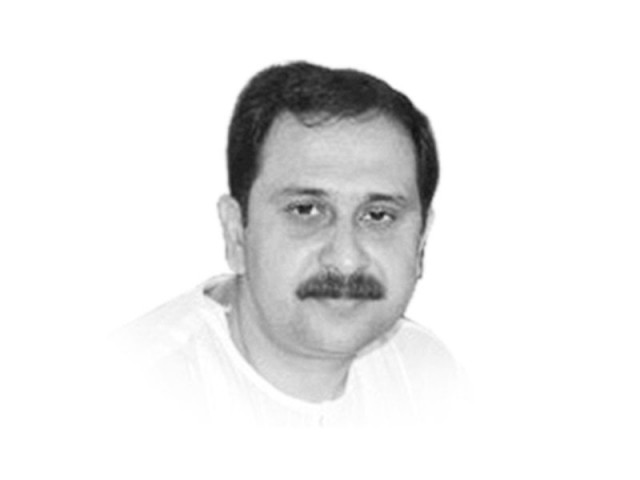The challenge of sustainable development
Functioning institutions and established systems are imperatives for achieving sustainable development.

The writer heads the Sustainability Business Practice of a private company based in Michigan, USA
Sustainable development broadly entails achieving economic growth while preserving the social and natural capital of society. Further illustration of the concept brings us to a convenient understanding of the sum total of the resource base of a society and calls for its benign use so that it remains in a useable and equally accessible format for future generations. This sounds like a noble commitment, but experience shows that in practice, it runs into self-defeating difficulties because, unless meticulously planned and vigorously implemented, achieving one aspect of sustainable development is often at the expense of another.
Functioning institutions and established systems are imperatives for achieving sustainable development. Society loses the capacity and potential to progress in a sustainable manner if it is riddled with perpetual economic, social and political fragmentations. The immaturity of systems to manage the allocation of and access to resources engenders inequalities. The political system of a society influences the levels of ownership of resources and the patterns of distribution. Investments in social services and public goods, such as education, healthcare and security are also determined through political decision-making.
In contrast, in Pakistan, we see a highly distorted growth pattern. Successive development and economic planning programmes have neither been thoroughly planned nor wholeheartedly implemented. Consequently, large segments of society remain economically deprived and socially marginalised. Look at the provincial divisions and the consequent discontent. Provinces were instituted to ensure financial autonomy and political self-rule to ethnically and culturally homogenous segments of the population, but over time, malformed to become fault lines of threatening disputes for geographical appropriations and entitlements for resources. Several viable and desperately needed hydro energy projects have not got off the ground due to geographical and natural resource disputes among provinces, aggravating the energy crisis.
The goal of sustainable development becomes even trickier in the face of an exploding population. Population growth, poverty and degradation of natural resources often fuel one another. Constant population growth pressure is set to take away any possibility for ensuring a decent level of development. We have a population of 180 million people, with a prevailing annual population growth rate of over two per cent. By some estimates, with the current growth rate, we are set to reach the 250 million people mark by 2025, which is merely a decade away. To feed, clothe, educate and engage this huge population in gainful employment would undoubtedly require that a significant amount of available resources are put into ruthless usage for merely accomplishing the basic needs of the people, let alone embark on a consciously designed developmental strategy.
It has increasingly been proven that the objectives of sustainable development are best met in an environment where there is stable governance, social coherence, opportunities for economic achievements and a sense of security in society. And these are yet to evolve in Pakistan.
Published in The Express Tribune, February 27th, 2014.
Like Opinion & Editorial on Facebook, follow @ETOpEd on Twitter to receive all updates on all our daily pieces.















COMMENTS
Comments are moderated and generally will be posted if they are on-topic and not abusive.
For more information, please see our Comments FAQ